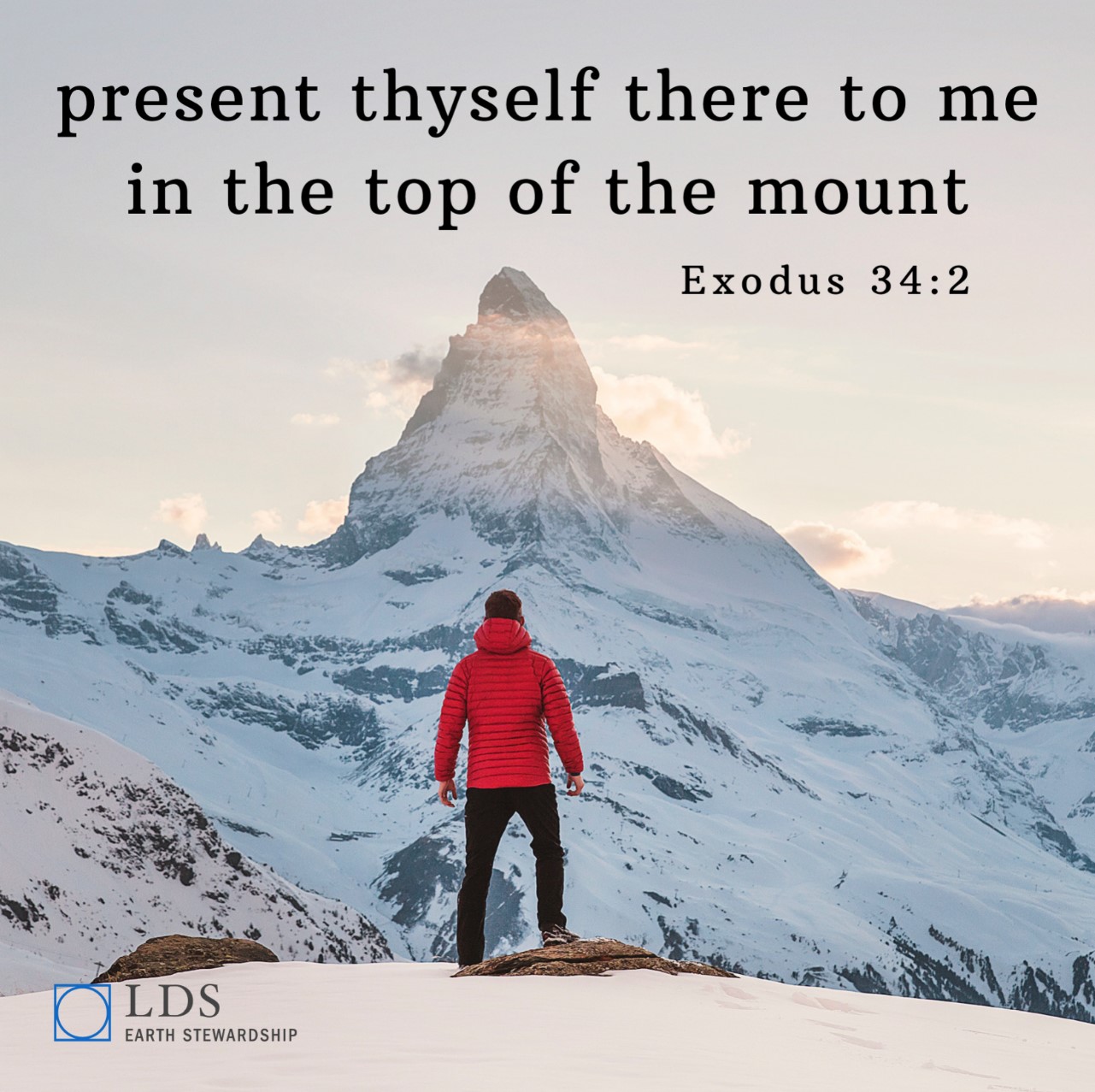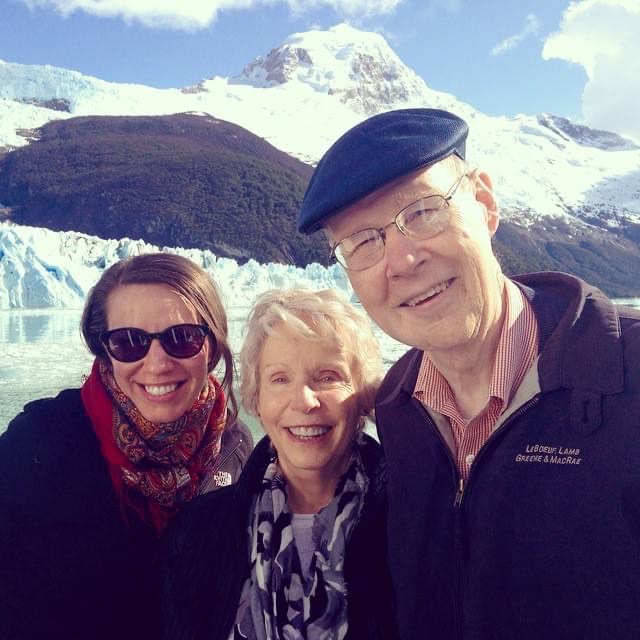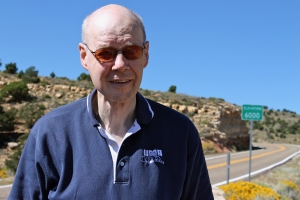A Love of All Things Living: Honoring James Holtkamp
We still feel the absence of board member James "Jim" Holtkamp, whom we lost in March at the end of his fifteen-year battle with cancer; you can read his obituary here.
Jim’s love for Creation was rooted in childhood outdoor wanderings, years of cycling and hiking the Wasatch, and a lifelong fascination with all things living. He became the first environmental lawyer in Utah in 1977, contributing to solutions that resulted in “good for society and the environment.” Jim generously volunteered his law expertise to organizations that fostered earth stewardship, from playing a negotiating role for Pax Natura Foundation’s rainforest preservation efforts to helping LDSES secure the copyright for “Every Saint A Steward.”
Jim joined our board in October 2018, blessing us with his clever wit, deep testimony, and inspiring commitment. Rather than let his difficulty walking keep him from LDSES events, he simply planned in the extra travel time and always arrived early. During his hospital visits, he attended board meetings virtually and promoted the work with his vast network of friends. Jim was a shining example of prioritizing earth stewardship to the very end, no matter the challenges.
Over the course of three years, Jim sharpened his understanding of the doctrinal underpinnings of caring for Creation by drafting a written document on the subject. “It is an attempt to articulate what I believe is a profound relationship between the earth as a living entity, the life that infuses Creation generally, and the Atonement,” Jim described in 2016, “I am trying to make the point that our own individual sanctification will depend not only on our adherence to the laws and ordinances of the Gospel, but also on how we carry out our responsibilities as stewards over divine creation.” Until it can be published somewhere, we share a few excerpts of Sanctification of the Earth, of Life, and of the Environment: The Infinite Reach of the Atonement below:
“The Atonement works not only to sanctify men and women, but also all of God’s creations, including the Earth. Therefore, our stewardship obligation, originating with God’s charge to Adam and Eve, is tied to the sacredness of the earth as a future sanctified entity, and we have an obligation to treat it as such.”
![]()
“If we earn the blessing of Eternal Lives in the Celestial Kingdom, our dwelling place will be right here—on this same world where we live now, not on some other sphere. Indeed, modern revelation explicitly speaks of the need for the Earth to ‘be sanctified from all unrighteousness, that it may be prepared for celestial glory.’ . . . It follows, then, that we have a Gospel-centered moral obligation to assure that our actions, our lifestyles and our ‘footprints’ are consistent with the sacred nature of the earth.”
![]()
“The role assigned by God to Adam and Eve and their progeny to have ‘dominion’ over all things on the earth imposes a very serious responsibility of stewardship. The cleansing power of the Atonement in the lives of men and women is effective to the extent that we are obedient to the laws and ordinances of the Gospel, including obedience to the stewardship mandate. As we exercise our stewardship responsibilities to care for the earth and God’s life-creations on the earth, we become partners in the sanctification of the earth, and we will enjoy eternity on the Earth in its celestial state.”
![]()
“If the earth is a living entity and if all life on earth has a spirit component, it follows that there should and would be a spiritual interconnectedness between God’s mortal children and God’s creations which comprise our mortal home.”
![]()
“The Restoration has clarified and amplified the concept of stewardship of the earth and pervasive interconnectedness between the earth and Adam’s progeny who carry the divine charge of stewardship over earthly creations.”
![]()
“A core element of our stewardship responsibility for the earth is the obligation to care for the poor and needy. . . . Are we following God’s law if we slip beggars a few coins while knowingly or negligently living in a manner that degrades this earthly home that we share with them? . . . When God said ‘the earth is full, and there is enough and to spare,’ He was not speaking metaphorically. There is sufficient for our individual and collective needs, but there is not sufficient for our individual and collective greed and envy. The goals of growth, improvement in quality of life, and protection of the environment can be realized together if we understand and carry out the stewardship that we inherited from Adam and Eve.”
![]()
“It does not require any philosophical or theological contortion to realize that if the earth and all things above, on, and under it testify of God, we should take care to treat them with the respect due their Creator.”
 Jim prominently displayed this quote photo in his hospital room and home library during the his few months.
Jim prominently displayed this quote photo in his hospital room and home library during the his few months. Jim, his wife Marianne, and their daughter smile in front of a snowy mountain peak.
Jim, his wife Marianne, and their daughter smile in front of a snowy mountain peak.


